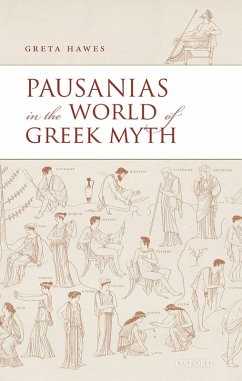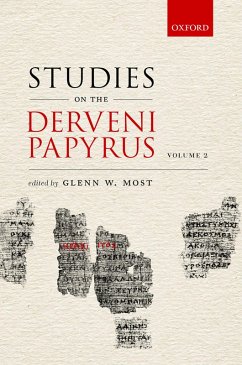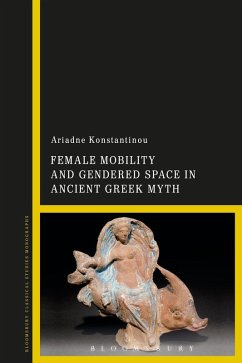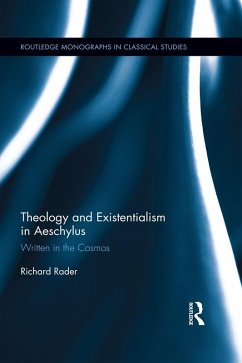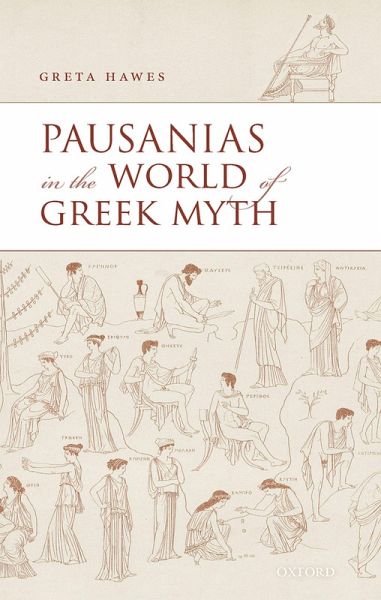
Pausanias in the World of Greek Myth (eBook, PDF)
Versandkostenfrei!
Sofort per Download lieferbar
41,95 €
inkl. MwSt.
Weitere Ausgaben:

PAYBACK Punkte
21 °P sammeln!
Greek myth comes to us through many different channels. Our best source for the ways that local communities told and used these stories is a travel guide from the second century AD, the Periegesis of Pausanias. Pausanias gives us the clearest glimpse of ancient Greek myth as a living, local tradition. He shows us that the physical landscape was nothing without the stories of heroes and gods that made sense of it, and reveals what was at stake in claims to possess the past. He also demonstrates how myths guided curious travellers to particular places, the kinds of responses they provoked, and t...
Greek myth comes to us through many different channels. Our best source for the ways that local communities told and used these stories is a travel guide from the second century AD, the Periegesis of Pausanias. Pausanias gives us the clearest glimpse of ancient Greek myth as a living, local tradition. He shows us that the physical landscape was nothing without the stories of heroes and gods that made sense of it, and reveals what was at stake in claims to possess the past. He also demonstrates how myths guided curious travellers to particular places, the kinds of responses they provoked, and the ways they could be tested or disputed. The Periegesis attests to a form of cultural tourism we would still recognise: it is animated by the desire to see for oneself distant places previously only read about. It shows us how travellers might map the literary landscapes that they imagined on to the reality, and how locals might package their cities to meet the demands of travellers' expectations. In Pausanias in the World of Greek Myth, Greta Hawes uses Pausanias's text to illuminate the spatial dynamics of myth. She reveals the significance of local stories in an Empire connected by a shared literary repertoire, and the unifying power of a tradition made up paradoxically of narratives that took diverse, conflicting forms on the ground. We learn how storytelling and the physical infrastructures of the Greek mainland were intricately interwoven such that the decline or flourishing of the latter affected the archive of myth that Pausanias transmits.
Dieser Download kann aus rechtlichen Gründen nur mit Rechnungsadresse in A, B, BG, CY, CZ, D, DK, EW, E, FIN, F, GR, HR, H, IRL, I, LT, L, LR, M, NL, PL, P, R, S, SLO, SK ausgeliefert werden.






